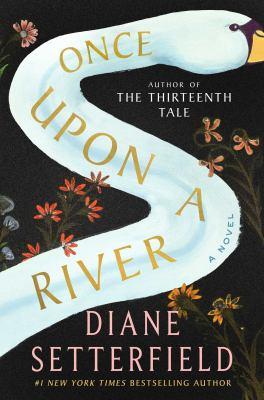
Once upon a river : a novel
Solstice is a time of dreaming, a time of stories and a time of magic. On a dark, misty night in the small English village of Radcot, locals gather at the Swan Inn to cap their day with drinks and lore. The 600-year-old pub is a famed hub for storytellers, but the patrons cannot know that their evening will be stranger than any tale they could weave. Into the inn bursts a mysterious man, sopping and bloodied and carrying an unconscious four-year-old girl. But before he can explain who he and the child are, and how they came to be injured, he collapses. Upriver, two families are searching desperately for their missing daughters. Alice Armstrong has been missing for twenty-four hours, ever since her mother's suicide. And Amelia Vaughn vanished without a trace two years prior. When the families learn of the lost little girl at the Swan Inn, each wonders if their child has at last been found. But identifying the child may not be as easy as it seems.
Available Copies by Location
| Location | |
|---|---|
| Community Centre | Available |
| Community Centre | Available |
| Stamford | Available |
Browse Related Items
- ISBN: 9780385663328
- Physical Description 420 pages ; 24 cm
- Publisher [Place of publication not identified] : [publisher not identified], 2018.
Additional Information



